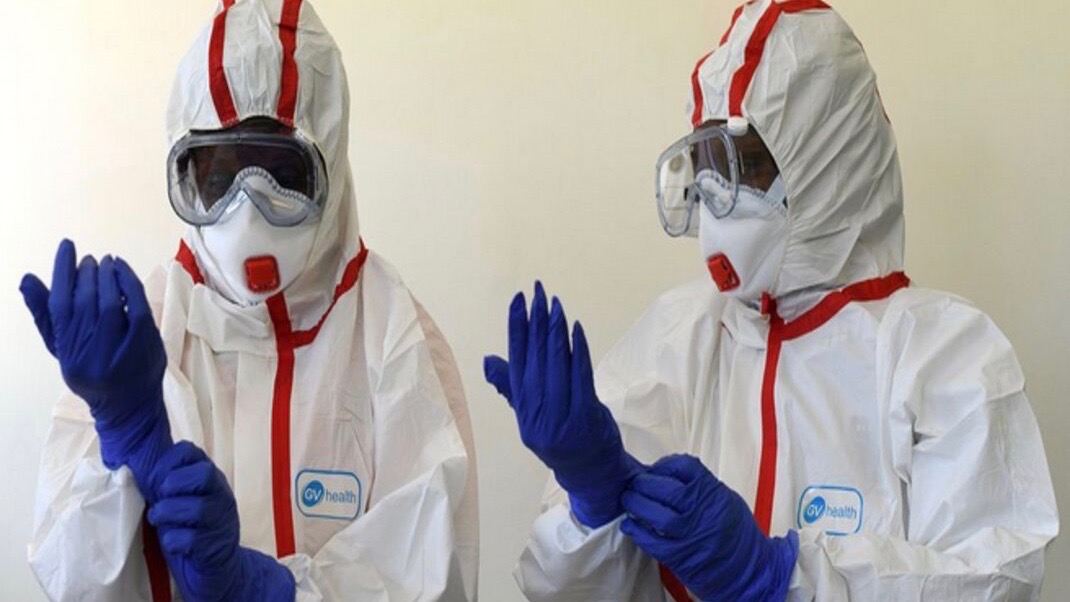The Zimbabwe Association of Doctors for Human Rights (ZADHR) has raised serious concerns about the extent of government unpreparedness to tackle the COVID-19 threat in the country. This was revealed by the events leading up to confirmation of the second death due to the pandemic on April 7, Tuesday.
While the confirmation came on Tuesday, the victim had died on April 4. However, the cause of death was determined to be COVID-19 only after his death.
After testing 21 samples on April 7, the Ministry of Health and Child Care, in a statement, said, “One of these tested positive for COVID-19, bringing to eleven the number of confirmed COVID-19 cases reported to date. However, this eleventh case passed away in hospital on Saturday 4th April 2020.”
The victim was a 79-year-old man from the city of Bulawayo. He had visited the northwestern town of Hwange from March 14-16, where concerns about the possibility of COVID-19 spread had been raised by Chinese contractors of a major power plant construction project.
The deceased had approached a general medical practitioner on March 23, complaining of COVID-19-related symptoms, including “a history of cough, sore throat and fever,” according to the health ministry’s statement. “When he did not improve on oral antibiotic treatment, he presented to a local hospital on Thursday, 2 April, 2020, where he was admitted,” the statement added. He was also reportedly suffering difficulty breathing at the time of admission.
Following further deterioration in his health, he was shifted to the ICU on the same evening. It was only at this point that the “local COVID-19 Rapid Response Team was called in and samples were collected and sent” for testing to the National Microbiology Reference Laboratory (NMRL) at Harare Central Hospital.
The test result was confirmed positive only five days later, after the patient had already died. Stating that the time taken to process the test results was too long, ZADHR has demanded information on the real state of preparedness of the government to deal with the pandemic outside the capital, Harare.
ZADHR also claimed that when the victim first sought medical assistance, he was not advised to self-quarantine or to get tested, revealing the “lack of knowledge on the case definition for suspected cases of COVID-19.”
ZADHR also expressed concern about the potential spread of the virus in the local hospital where the victim was admitted and questioned if it was a COVID-19 designated facility.
Healthcare workers who were exposed to the victim did not have the required protective equipment, the doctors’ body alleged, adding that the long time period taken to complete the diagnosis is a clear sign that health professionals attending the deceased were exposed.
ZADHR filed a lawsuit at the high court on April 5, Sunday, accusing the government of not taking “measures to ensure that health practitioners across the country.. [which] include nurses, nurse aides and pharmacists among others, are adequately protected.”
There is a dire shortage of ventilators, oxygen tanks, biohazard suits and N95 face masks in the country, as per ZADHR. Zimbabwe’s healthcare infrastructure already suffers from severe shortages of human resource and fund-allocation.
There are only a few quarantine and isolation centers, mostly located either in capital Harare or in Bulawayo, the second largest city. As of April 9, Zimbabwe continued to report 11 cases.





